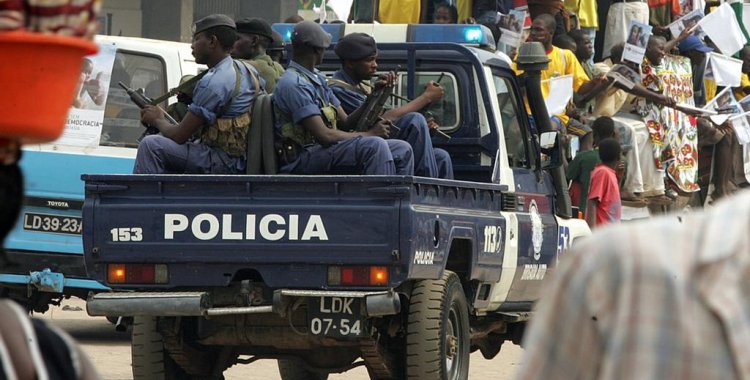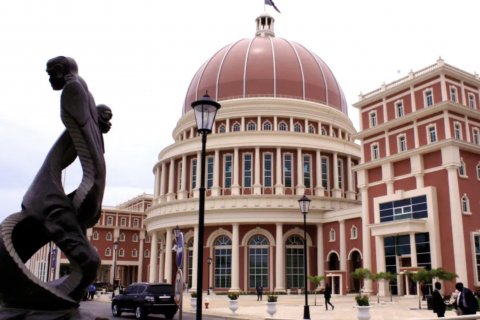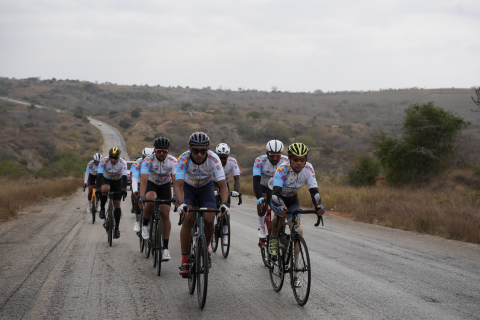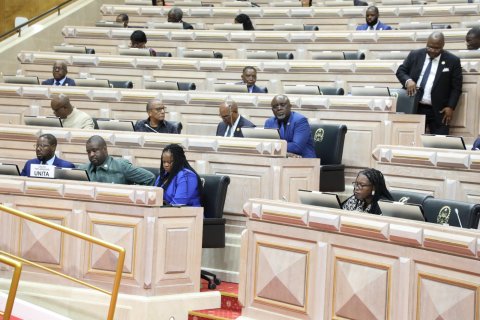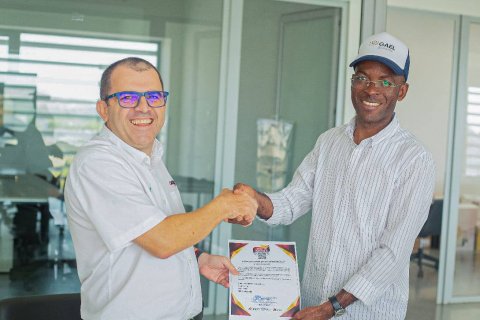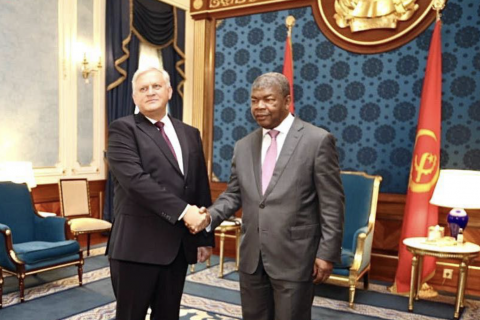The concern was expressed by the Director of Patriotic Education of the PNA, António Vicente Gimbe, stating that the conducts, which sometimes damage the image of the institution, have been fought disciplinary and criminally.
According to the senior police officer, "many times the conduct of the personnel hurt the disciplinary rules and behaviors," noting, however, that "the commitment of the corporation is with the homeland, where the citizen comes first.
"Our biggest problem, sometimes, is framed in unlawful absence from duty, drunkenness in the place of service, also sometimes we jump with greater concern what has to do with our professional conduct and that harms, sometimes, the very image of our institution," said Antonio Vicente Gimbe.
The responsible assumed that, "many times", staff members in the exercise of their activity are involved in "actions that hurt people's lives, from homicides to grievous bodily harm, ensuring that those involved are held disciplinary and criminally responsible".
"And here it shows well that human rights is a motto and duty of our institution," noted the police leader.
The also commissioner, who was speaking during a meeting on the Joint Action Plan between the PNA and the national human rights directorate, also said that the corporation "has evolved a lot in human rights."
The "different areas" of human rights of the police, he stressed, "shows well the interest of respecting the human rights" of the citizens: "It is very true that we have not always done this task with enough and deserved sufficiency," he acknowledged.
"Maybe a lot of good things are done, but we inform too little, an error in our work is quite visible", he emphasized.
António Vicente Gimbe also lamented the living conditions in many police stations and police posts, especially for the personnel and citizens who go there, referring that this is a permanent concern of the police general commander.
"Because even in the principle of the deprivation of liberty is the first space of transit, so what our police stations offer is not yet the best, hence our obligation and responsibility to see these conditions improved," he stressed.
"Perhaps with a different level of service we could have avoided our mistakes and failures, which is why we sometimes have to take responsibility and, in the person of the commander-general, make public apologies for what we have not done well," he added.
The National Director of Human Rights of the Ministry of Justice and Human Rights (MJDH) praised the "advances" in human rights at the PNA level, defending "dialogue, information exchange, and continuous training.
For Yanick Bernardo, police officers need "technical improvement" for a "better distinction and identification between human trafficking and smuggling.
"Many times, because of the lack of this technical approach, he [the police officer] misconstrues a situation and sometimes not by conscious act or malice, but by ignorance and then we verify these and other situations," stressed Yanick Bernardo.
Therefore, he said, "we saw the need to sign a cooperation protocol on human rights between the MJDH and the National Police and the focal point in this approach is the Directorate of Patriotic Education and the National Directorate of Human Rights.
The parties also addressed the training plan on human rights at the level of police stations and police posts and the proposal for the joint holding of the 1st National Conference on Public Security and Human Rights.

